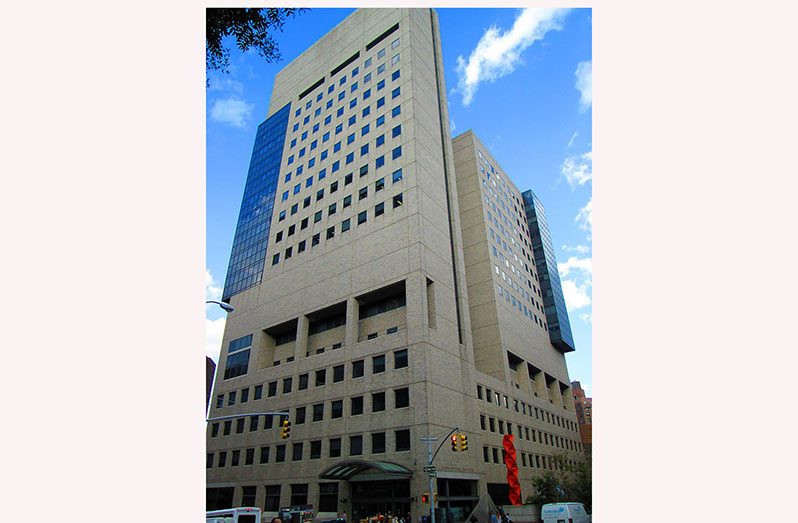WHILE Guyana has not yet been able to detect the presence of variants of SARS-CoV-2 (the virus which causes COVID-19), the country will be able to test more positive COVID-19 samples through an arrangement brokered with the Icahn School of Medicine at Mount Sinai in New York.
In an invited comment recently, Minister of Health, Dr. Frank Anthony, indicated that the local health authorities have been attempting to intensify surveillance efforts to detect whether these variants are present in the country. A strategy has been to obtain all positive samples detected in the border communities and send those samples to Icahn School of Medicine, so that the genetic analysis can be conducted.
Over the past few months, three variants or strains of the novel coronavirus have emerged. These are the B.1.1.7 or the United Kingdom (UK) variant, the B.1.351 or the South Africa variant and the P2 or Brazil variant. It has been found that the variants are more transmissible, which means that they are more readily spread from person-to-person. Due to concerns over the importation of the Brazil variant, given the porous border between Guyana and Brazil, samples from those border communities in Region Nine (Upper Takutu-Upper Essequibo), in particular, will be on the radar of the local authorities.
“With the sequencing, we would then be able to determine what strains of the virus we are dealing with,” Dr. Anthony related.
In the Caribbean, only the UK variant has been detected in a few countries thus far. The variant was discovered after a type of genetic analysis, called genomic sequencing, was conducted to determine whether COVID-19 samples are the ‘normal’ strain of SARS-CoV-2 or variants. Guyana and several other Caribbean countries have been able to benefit from the genetic analysis through Caribbean Public Health Agency (CARPHA). In January, Guyana sent 10 samples to be analysed. However, these samples were not any of the variants of concern but it cannot be definitively said that Guyana does not have any of the variants circulating.
Through the arrangement with the Icahn School, Dr. Anthony highlighted that some of the samples will be analysed for free while the rest, Guyana will be required to pay for. It is not yet clear how many samples Guyana can send to the New York school.
Meanwhile, Executive Director of CARPHA, Dr. Joy St John, emphasised that there are some changes in the transmission of the disease that can alert local health authorities to the possible presence of the variants. During a recent interview with the Guyana Chronicle, Dr. St. John noted that surveillance of COVID-19 within the countries’ populations would indicate whether there are changes in the transmission of the disease or the rate of transmission. These could be possible signs of the variants.
“All of those are indications that something has changed, and it might be varying,” the public health official said, adding: “We recommended to the member states that their index of suspicion for changes in the pattern of spread of the virus should include the possibility of importation of the variants,” Dr St. John told this newspaper.



.jpg)








